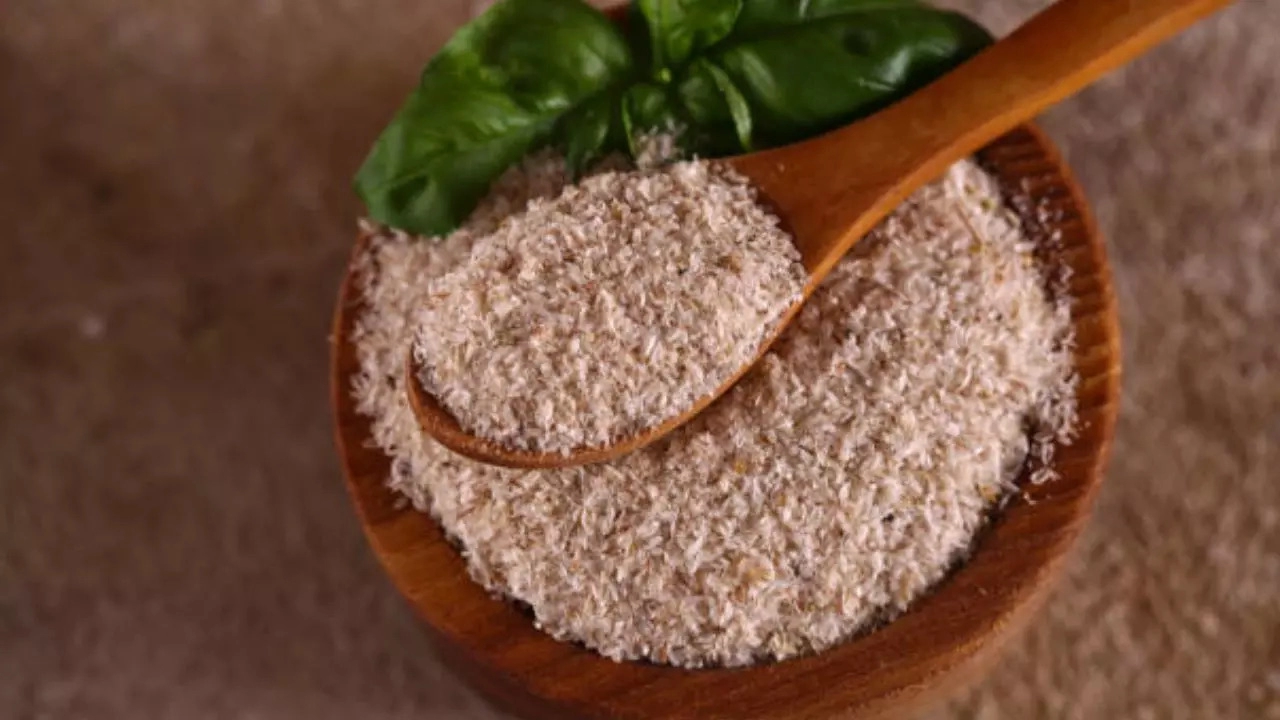
How Having Psyllium Husk Can Help Ease Constipation? Know Benefits Of Isabgol (Image Credits: iStock)
Our daily routine revolves mostly around our tight schedules due to which there are times when we don't pay much attention to our diet. This leads to health problems like constipation. Whenever we are constipated, we often hear that we should eat more fibre. You can add fibre to your diet by having more fruits and vegetables. However, when we fail to get the proper amount of fibre, then we switch to alternatives like Psyllium Husk, also known as isabgol.
Its laxative abilities are known for being a common solution for constipation. Psyllium Husk has numerous health benefits apart from improving digestion. It has soluble fibre which helps in keeping your heart health in check. It can further help in managing cholesterol, and blood sugar levels too.
How Can Psyllium Husk Help Ease Constipation?
Psyllium husk acts as a natural laxative by absorbing water and forming a gel, which helps ease bowel movements. A study, published in the International Journal of Molecular Sciences, reveals that it helps to trap water in the intestines, and this helps with easier stools.
What Is The Right Dosage Of Psyllium Husk?
As per experts, you should take one tablespoon of isabgol which makes it 5-10 grams per day with a glass of water. It is essential to have psyllium husk with a glass of water to make digestion more effective and prevent any gastrointestinal discomfort. One should increase water intake as it also helps in easing constipation.
Right Ways To Consume Psyllium Husk
Psyllium Husk can be consumed in various forms:
• Add Powder To Water: Isabgol comes in a powder form where you can mix 1-2 teaspoons with at least 1 glass of water or liquid. Stir well and drink.
• Capsules: As doctor's advice, take the number of prescribed capsules with a full glass of water.
• Packets: Similar to powder, dissolve the packed in water and consume immediately to digest easily.
Who Should Not Have Psyllium Husk?
Psyllium husk should be avoided by people with the following conditions:
• If you are allergic to psyllium, then you should not use it at all for digestion. Turn to home remedies to ease constipation.
• Those who suffer from narrowing of the gastrointestinal tract or bowel obstructions may be at risk for serious complications if they consume isabgol.
• People with swallowing difficulties should avoid psyllium, as it can cause choking.
• Faecal impaction is when a large mass of stool gets trapped in the rectum or the colon. Those experiencing faecal impaction should not take psyllium, as it may worsen the condition.
Get Latest News Live on Times Now along with Breaking News and Top Headlines from Health and around the world.

